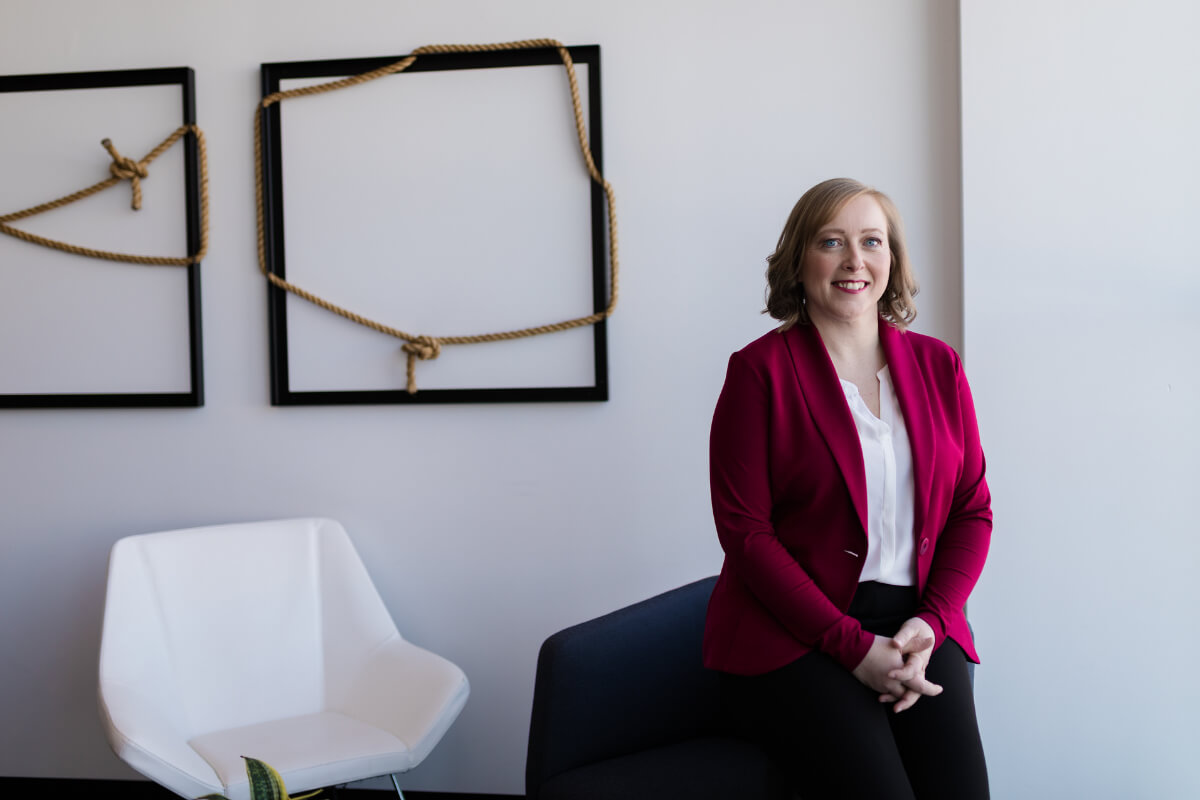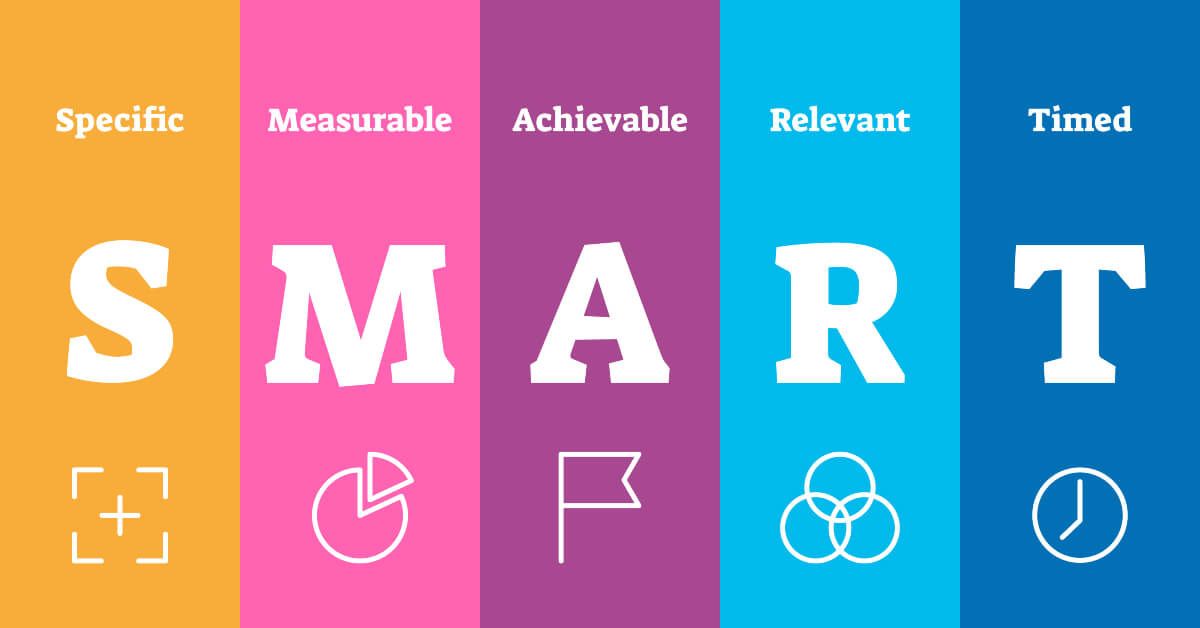As adults, we spend a lot of time at work, and our self-worth is often tied to our jobs. While it’s possible to live a fulfilling life outside of work, for many of us, our professional lives impact how happy we are. We want meaningful work. We want to love what we do.
If you think back to childhood, we spend a lot of time preparing ourselves for our careers. When we grow up and enter the workforce, some of us will find our job isn’t what we expected or wanted. You may find yourself at this place in life, and contemplating career risks like leaving your job. We’ve put together a guide to help you.
Challenges in the Workplace

There are many reasons you might want to leave your job. You might feel like you’re not being challenged. You may have an overbearing manager. You could be working in a toxic environment where you don’t feel comfortable speaking up. You may have little autonomy or feel stretched too thin.
Despite being unhappy and wanting to explore something new, you might not have the confidence to leave a stable job. But the definition of career success depends on us. Maybe you want to constantly grow and learn in your role. Or you want to be paid your worth. Maybe you want to be your own boss. Or do something good in the world. Or have a flexible career that allows you to find balance. What career happiness looks like is entirely up to you. But it’s also up to you to get It.
What Is a Career Risk?
A career risk can mean different things to different people. It could mean leaving a comfortable job for a new one. Or accepting a dream position that provides you with better work-life balance but isn’t a full-time, permanent role. It could be taking a plunge into a different industry. Or starting a new business.
What Holds Us Back From Career Risks?

While writing this article, I informally surveyed people over Instagram and reflected on the many conversations I’ve had with coworkers and friends about what keeps them from taking career risks. Common themes included stability, financial obligations and self-doubt:
“Income security and bills/childcare costs.”
“Feeling like my skills and experience are too narrow.”
“Complacency in familiarity and fear of change.”
Fear of the Unknown Holds Us Back
Corina Walsh, owner of Shift People Development Inc, a leadership and training company, says that fear of the unknown is what holds people back from making a change. Additionally, she believes the learning curve at a new job is daunting to many people.
“As adults, we expect to be confident when we try something new, when in fact confidence comes after we build our knowledge and skills,” she says.
There are many new opportunities waiting for us, but going for it means embracing uncertainty and accepting we’ll be pushed outside our comfort zone. Walsh says what we really need to take career risks is a “little bit of courage”.

What Are the Costs if We Don’t Take Career Risks?
If you’re not happy at your job, the time to act is always sooner rather than later. While many people think about the risk that comes with quitting, there are also risks in staying.
Walsh shares that when she quit her full-time, permanent job with benefits, some people felt she was taking a big risk. But Walsh felt the bigger risk would be staying in an unfulfilling position with a negative workplace culture, which was already taking a big toll on her mental health and emotional wellness. Sometimes the best thing to do is take the leap and quit.
“I encourage everyone to consider the cost to their own well-being and quality of life of staying where they are,” she says.
If you feel work burnout symptoms and your employer won’t help you, is this really where you want to stay? It’s also important to remember that making a change doesn’t mean you can’t go back, or that you’ve lost any experience or the skillset that kept you gainfully employed in the first place.
The Steps to Taking Career Risks (Without Going Broke)
1. Build Up Financial Security

Related Articles
One of the biggest things keeping my friends from pursuing new opportunities is financial obligations. Even if going to work is a struggle for them, they keep going back for the paycheque. They have bills and can’t afford to lose any income.
If you’re looking to transition jobs (now or in the future), you need to build up financial security. A few things are key for financial wellness: emergency savings, minimal debt as well as early investing for retirement.
If you start investing early, foregoing contributions for a period of time won’t have any long-term repercussions. Focusing on paying down debt will allow you more flexibility. Even if your income dips while you’re looking for a new job, you’ll still be able to cover your bills.
2. Negotiate Different Options With Your Employer

Walsh recommends keeping your current job while looking for your dream job.
“Even if you must cut down to part-time to free up your time, it would be safer than quitting before you find a new one,” she says.
Consider exploring different options with your employer such as a leave of absence, a sabbatical or banking vacation time. That will allow you to explore your dream job, while still having something to fall back on.
3. Goal Setting

It’s not enough to know that you’re unhappy. You also need to know what you want.
“Consider what ‘dream job’ means to you and then start taking small steps toward achieving that goal,” Walsh says.
Where you are and where you want to be may seem like too much of a gap. But if you break down the steps, you’ll be able to manage your expectations and figure out what you need to do next. Maybe you need to network to build more connections, take some continuing education classes or try out your business idea on the side.
Consider setting SMART goals. If your goals are specific, measurable, achievable, relevant and time-bound, it will help focus your efforts and keep everything in perspective. Walsh says hiring a career or personal coach is another great option to help you achieve your goals.
4. Positive Affirmations

For many people, self-doubt keeps them from trying something new. Self-doubt doesn’t just appear when you’re looking at job postings. In your current role, you might be hesitant to ask for a raise or negotiate for more responsibility.
Use positive affirmations to reframe these thought patterns and change what you think you’re capable of. Repeating these affirmations can help you build the courage to apply for a new job or champion yourself at your current workplace.
5. Continue to Learn and Grow

Take advantage of your current situation to learn and grow. A lot of times when we’re at a job we aren’t happy with, we tap out and stop going the extra mile. But your current job is a great place to develop transferable skills for the next opportunity. Walsh recommends being strategic with requests for learning opportunities.
“Consider where you want to go in your career and what professional development or additional tasks you can take on that would support you in moving toward that career goal,” she says.
Don’t just take on administrative or technical work that won’t help you develop or move into a new career or role. She also recommends being mindful of how much additional stretch work you commit to because burnout will hurt your pursuit of a new job.
The Bottom Line
We spend a lot of time at work. If it’s making us unhappy and we can’t change our current situation, then letting go of the fear of the unknown and taking career risks to find happiness and fulfilment is the best way forward.







